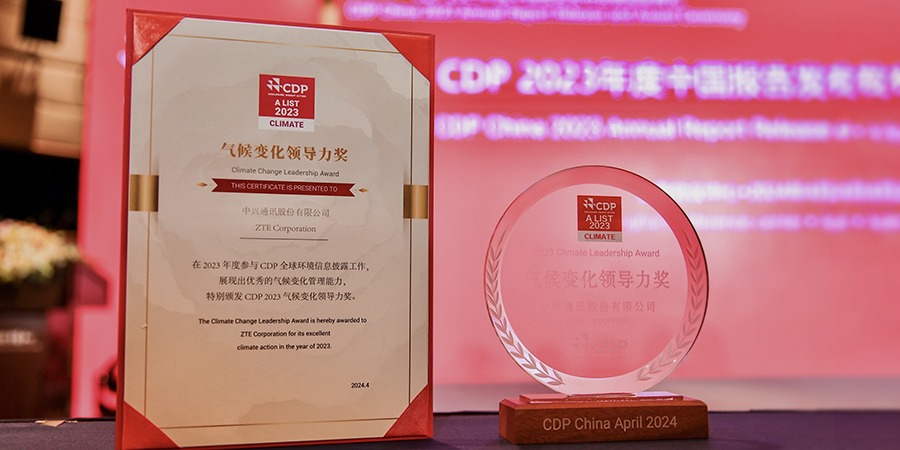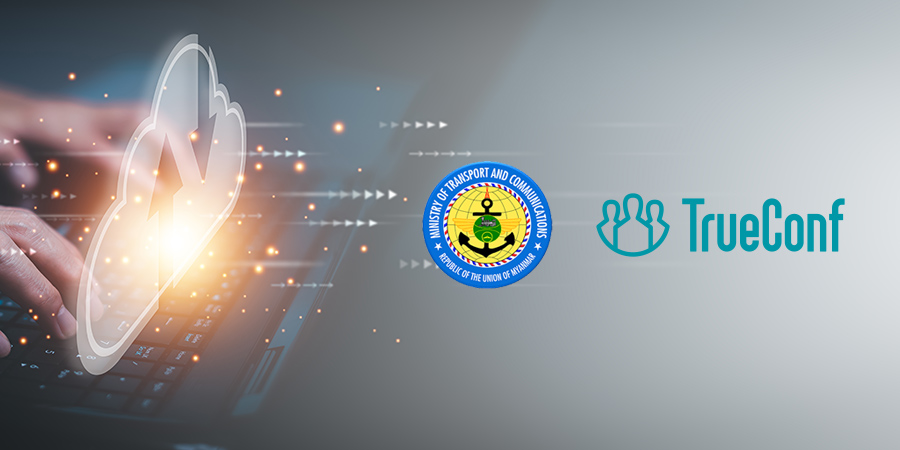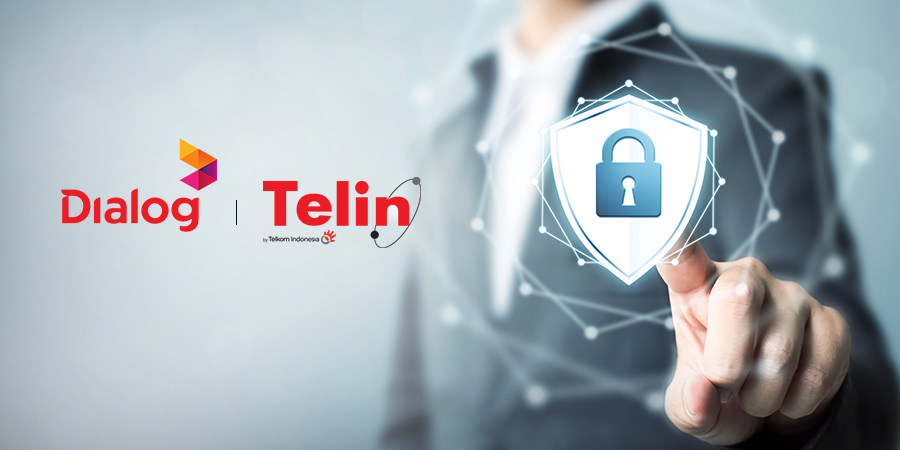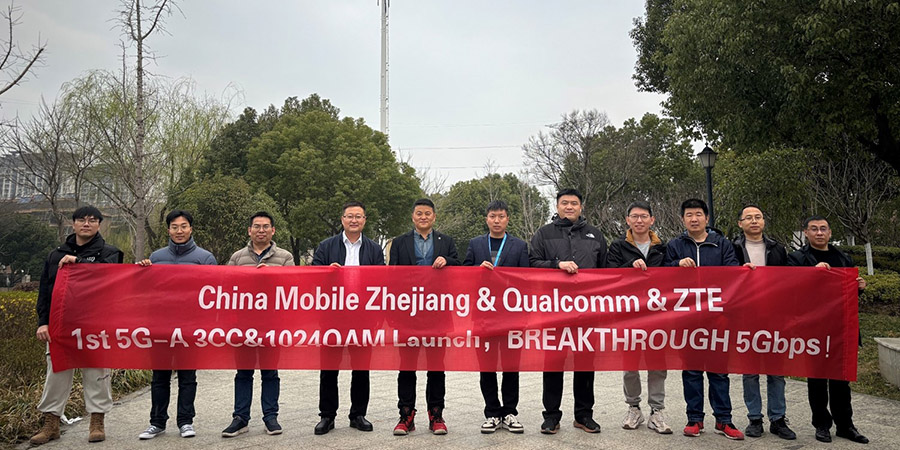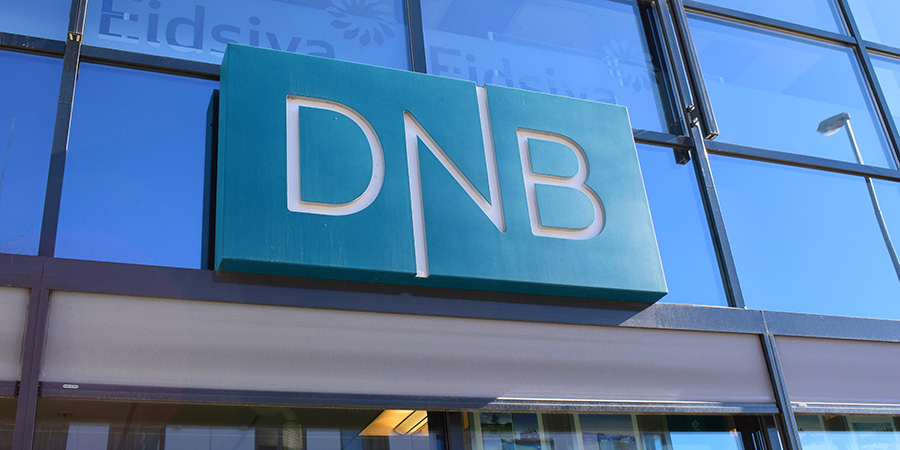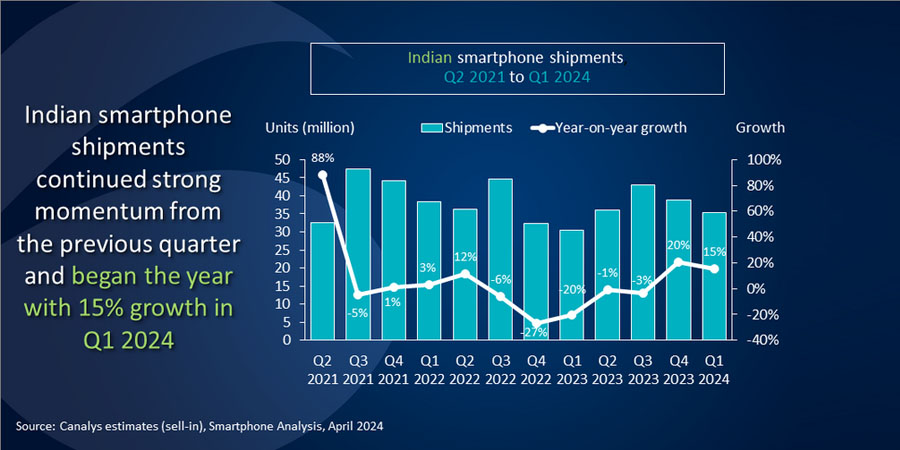China's transformation into a technological powerhouse over the last four decades has been nothing short of remarkable. Fueled by aggressive investments and rapid innovation, the country has emerged as a global leader in a variety of technological domains, including the Internet of Things (IoT).
According to Statista, projections indicate that the revenue within the IoT market is set to soar to an impressive USD 576.80 billion in 2024. This figure underscores the vast potential and lucrative growth prospects inherent in this market segment.
Delving deeper into the IoT market landscape, automotive IoT has emerged as the frontrunner. With a projected market volume of USD 205.50 billion in 2024, this sector stands out as a pivotal driver of revenue and innovation.
China's journey from an agrarian economy to a technological giant is proof of its commitment to advancement. Other key factors driving this transformation include substantial government investment in research and development (R&D), a focus on education and talent cultivation, and favorable policies for tech firms. This strategic approach has propelled China to the forefront of global tech markets, with companies like Huawei, Tencent, and Baidu commanding significant influence.
China’s Positive Impact on the IoT Ecosystem
China's entry into the global tech arena has intensified competition, leading to improved product quality and lower prices in the IoT sector. This dynamic environment has spurred innovation and expanded market opportunities.
Investments in infrastructure, including cloud computing and 5G networks, have created a conducive environment for IoT development and adoption, as enhanced connectivity and data processing capabilities benefit both businesses and consumers. The GSMA has verified that there are already over 800 million Chinese mobile connections utilizing 5G technology. This year, the proportion of 5G connections is expected to rise from 45% to over 50%, making it the dominant mobile technology in the country, with more than 1 billion total connections by the end of 2024.
Leveraging its vast manufacturing base and supply chain efficiencies, China has driven down the costs of IoT devices, making them more accessible to a wider audience. This affordability has facilitated the broader adoption and deployment of IoT solutions. Moreover, the influx of capital into China's tech sector has powered the expansion of IoT companies, enabling them to scale operations and bring innovative products to market swiftly. This availability of funding has democratized access to IoT development, fostering a vibrant startup ecosystem.
China’s Negative Impact on the IoT Ecosystem
China's data privacy and security track record has raised concerns among businesses considering Chinese IoT solutions. Allegations of state surveillance and cyber-espionage contribute to apprehensions regarding data integrity and confidentiality.
According to Statista’s June 2023 survey findings, approximately 20 percent of internet users surveyed in China reportedly encountered online fraud during the study period. This statistic sheds light on the prevalence of online security threats within the digital landscape of China, highlighting the need for solid measures to safeguard users against fraudulent activities on the internet.
Regulatory loopholes and lax enforcement in China have raised concerns about the nation’s compliance and adherence to international standards. This ambiguity poses challenges for global IoT businesses navigating regulatory landscapes and ensuring product compliance. Furthermore, instances of patent infringement and trademark violations by Chinese firms have undermined trust and deterred innovation. In light of this, international companies believe that they face the risk of intellectual property theft. Thus, concrete strategies for protecting proprietary technologies are paramount.
Data by Gitnux revealed that China constitutes a significant portion, specifically 87%, of counterfeit goods seized in the United States. This statistic underscores the pervasive challenge of intellectual property theft originating from China. It underscores the imperative for heightened surveillance and enforcement of intellectual property laws within China itself. Additionally, it emphasizes the necessity for enhanced collaboration and cooperation between nations to address this widespread issue effectively.
Finally, the close relationship between Chinese tech giants and the government raises concerns about political interference and unfair competition. State-backed enterprises may enjoy preferential treatment, potentially distorting market dynamics and eroding trust.
China’s Tech Leadership
As China solidifies its position as a technology leader, stakeholders in the IoT sector must carefully assess the opportunities and problems that arise. Mitigating risks associated with data security, product quality, regulatory compliance, and intellectual property protection is critical for long-term growth and success.
Given that China's position in the IoT sector is expected to grow, international companies can seize opportunities by forming strategic alliances, implementing robust risk management frameworks, and encouraging innovation-driven collaborations. Similarly, stakeholders can fully leverage the evolving IoT ecosystem by handling the complexities of China's tech landscape with caution and foresight.














